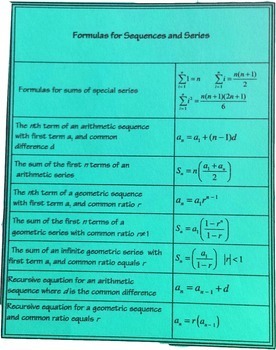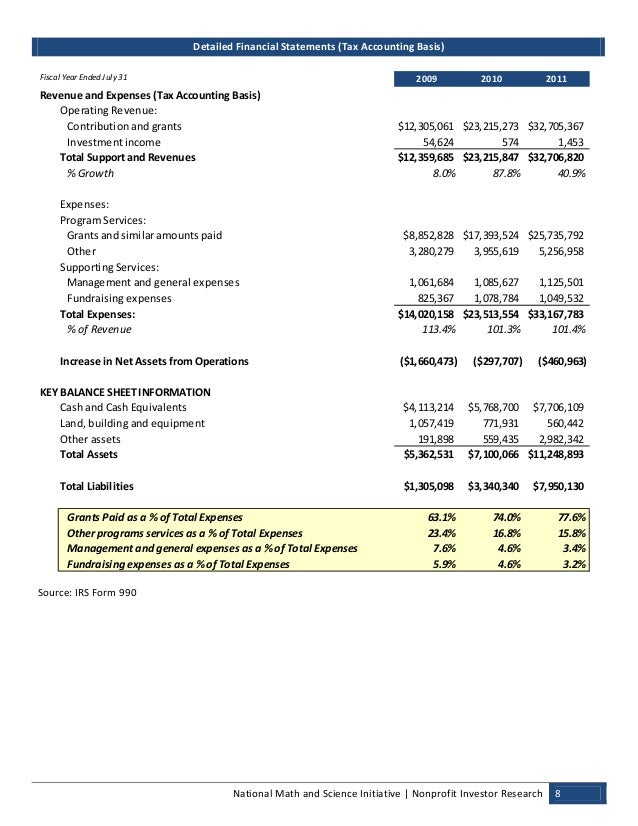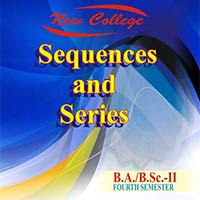

The MST major also overlaps with the major in Mathematical Sciences (MTH), but focuses on statistics and replaces the algebra requirement with a computing requirement.Ī student majoring in MST cannot have a second major in either SDS or MTH. MST majors will develop sophisticated mathematical skills to prepare for rigorous future study. The MST major overlaps with the major in Statistical & Data Sciences (SDS), but places a heavier emphasis on the theoretical development of statistics. The major in mathematical statistics (MST) is designed to prepare students for graduate study in statistics and closely-related disciplines (e.g., biostatistics). Normally, all courses that are counted towards either the major or minor must be taken for a letter grade.

A student may petition the department if she wishes credit for any course not on this list.
#SERIES AND SEQUENCES MATH AND SCIENCE INITIATIVE MURPHY FULL#
Note that courses that are cross-listed with mathematics and another department (CSC 250, ECO 220, PHI 202, PHI 203, PHI 220, and SDS 292) are counted as mathematics courses and given full credit toward the mathematics major.Generally, such a 4-credit course will be given 2 credits toward the mathematics major. Courses taken outside the department must contain either substantial mathematical content at a level more advanced than MTH 211 and 212 or statistical content at a level more advanced than MTH 220.With the approval of the department, up to 8 of the credits may be satisfied by courses taken outside the mathematics and statistics department.In total, majors must take at least 36 credits among courses numbered at or above 153, with the following exceptions:.An advanced course is a mathematics course at Smith numbered between 310 and 390. Majors are required to take at least one advanced course. Students intending to declare a major after Fall '22 do not have this option and are advised to pursue a MST Major (Mathematical Statistics). Alternatively, students declaring a math major before Fall '22 may focus on statistics students pursuing this track through the major are not required to take a course in algebra but instead must complete MTH 220, MTH 246, MTH 320, and either MTH 291 or MTH 290. The core requirement consists of one course in algebra (MTH 233 or MTH 238) and one course in analysis (MTH 280 or MTH 281). Some of these requirements might be waived for a well-prepared student. The foundation requirement consists of MTH 111, MTH 112, MTH 153, MTH 211, and MTH 212.

The mathematics major has a foundation requirement, a core requirement, a depth requirement and a total credit requirement. If you'd like to declare a math major or minor, the first step is to fill out an advisor preference form here. Advisers: Pau Atela, Benjamin Baumer, Jennifer Beichman, Patricia Cahn, Luca Capogna, Christophe Golé, Rajan Mehta, Geremias Polanco, Candice Price, Daniel Schultheis, Ileana Streinu, Julianna Tymoczko


 0 kommentar(er)
0 kommentar(er)
